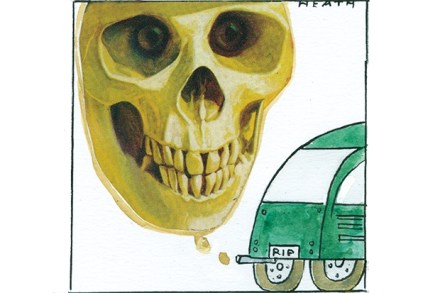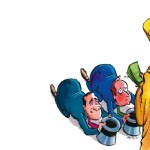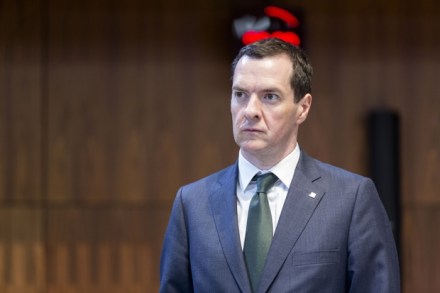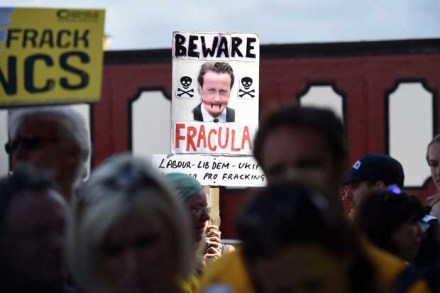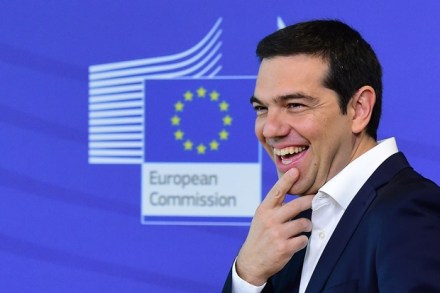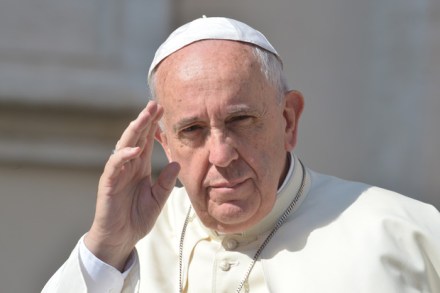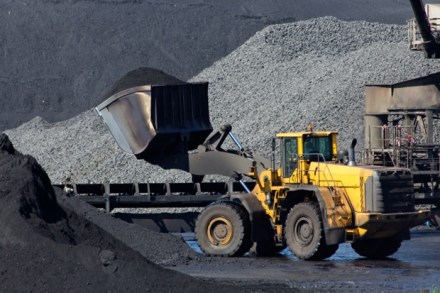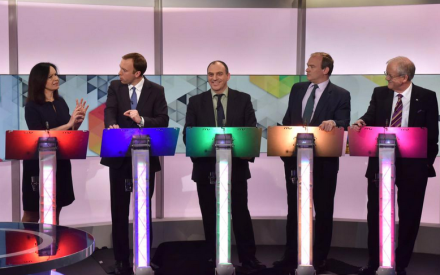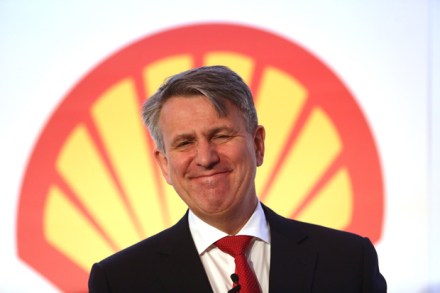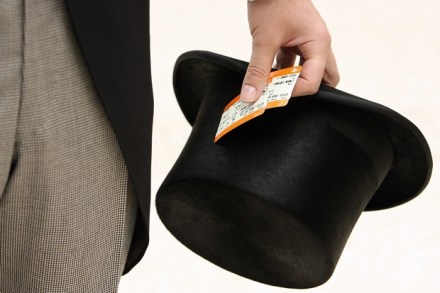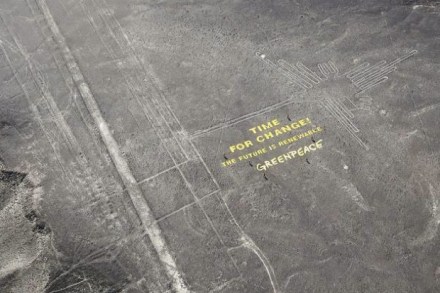Where there’s smoke…
What fun it is watching again all those smug Volkswagen ads on YouTube, featuring men in mid-life crisis revving up their Golfs and Passats. German carmakers vie with French farmers for their sacred status in the European Union. That it has taken US authorities to sniff out the company’s cheating on emissions tests doesn’t say much for European environmental law, which is good at telling us we can only have low-powered kettles, but apparently unable to sniff out high emissions from overpowered diesel cars. But the VW scandal isn’t just a story of corporate turpitude. It is part-product of an environmental policy in Britain as much as across the EU
